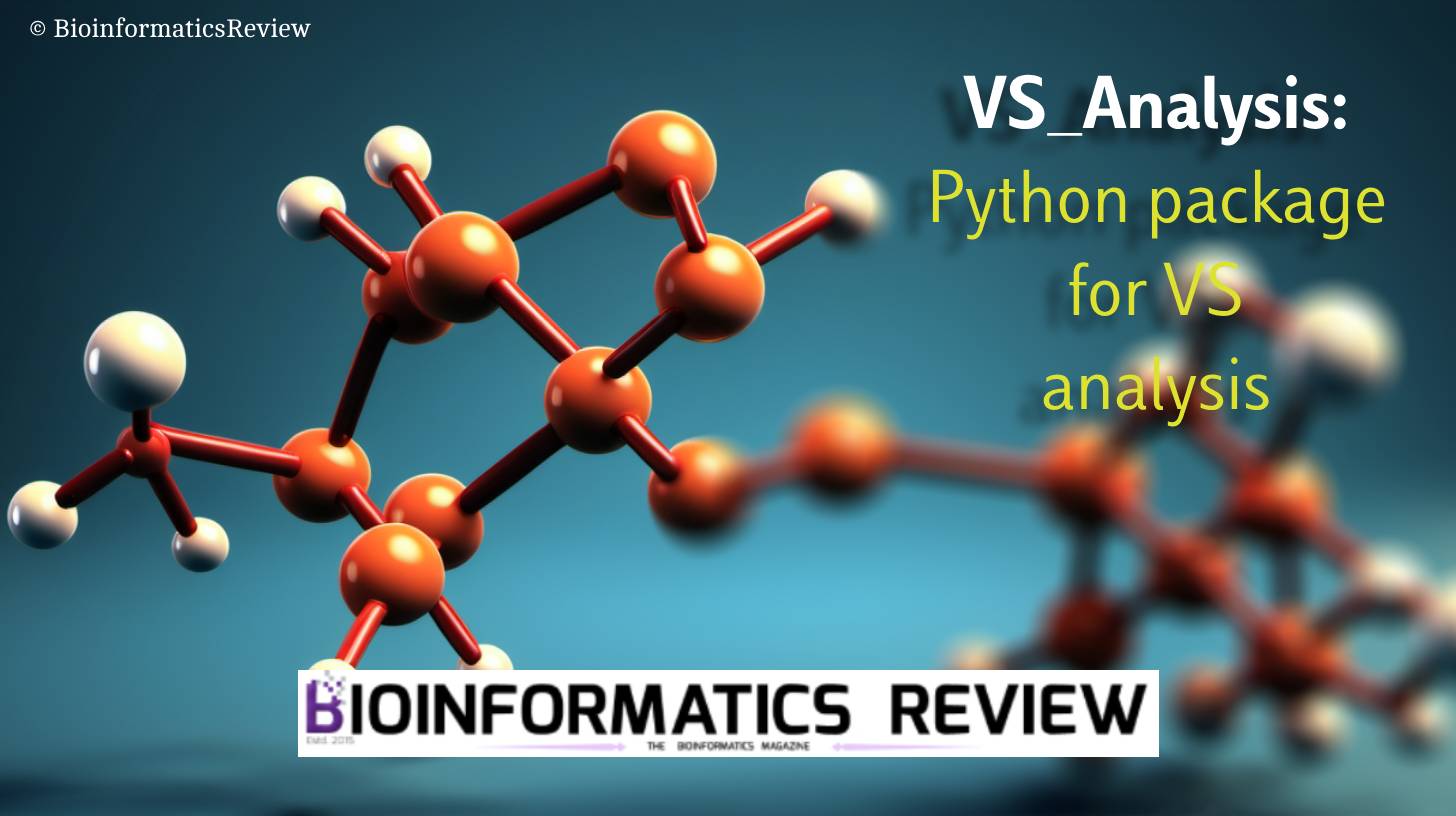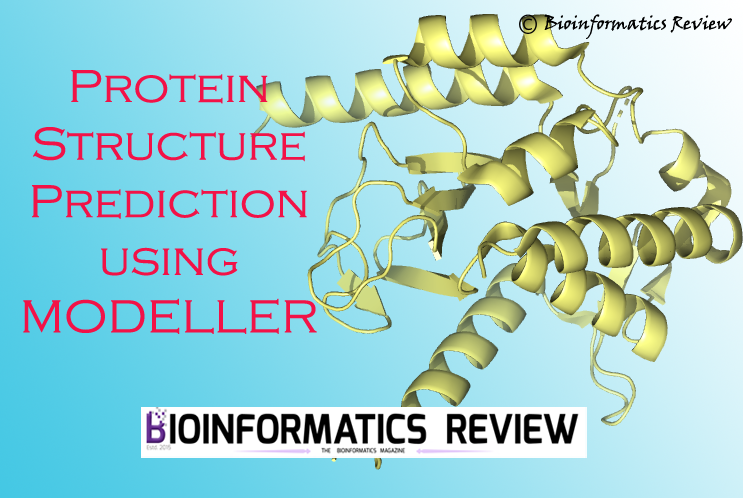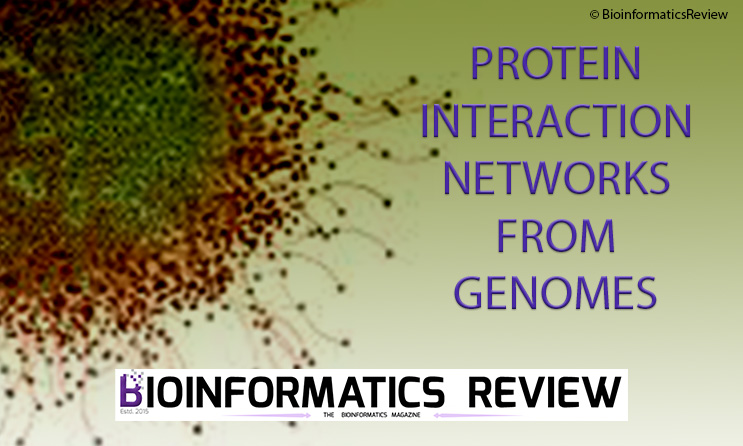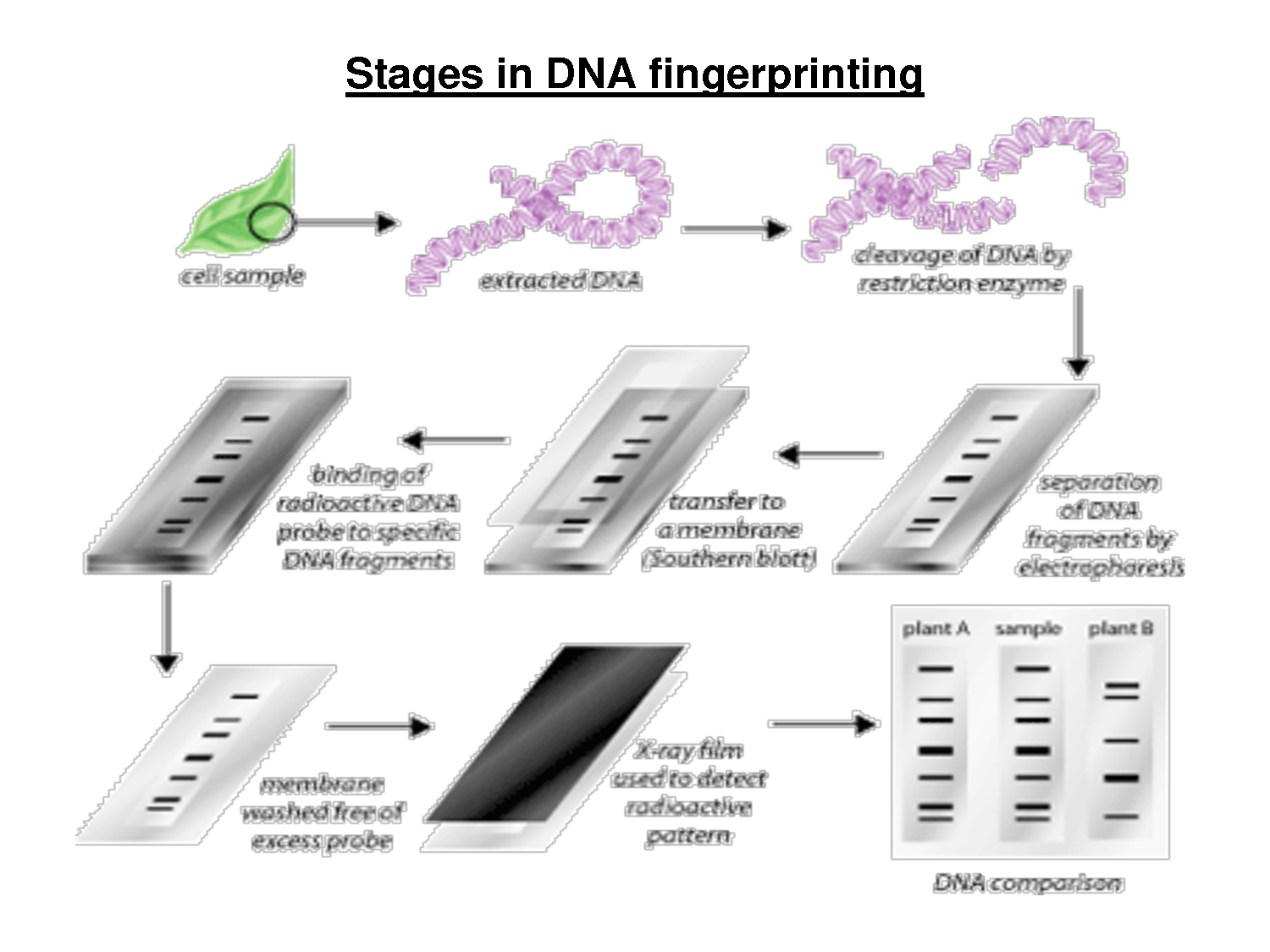Virtual screening (VS) is a crucial aspect of bioinformatics. As you may already know, there are various tools available for this purpose, including both paid and freely accessible options such as Autodock Vina. Conducting virtual screening with Autodock Vina requires less effort than analyzing its results. However, the analysis process can be challenging due to the large number of output files generated. To address this, we offer a comprehensive Python package designed to automate the analysis of virtual screening results.
Introduction
Welcome to the VS-Analysis Python package, a powerful toolkit designed to streamline the analysis of virtual screening results. This open-source package namely, VS_Analysis is a valuable resource for researchers and scientists engaged in the field of bioinformatics.
This package allows you to:
-
- find the binding affinities of a selected number of docked compounds,
- sort the binding affinities based on a binding affinity cut-off value (provided by the user) of a selected number of compounds,
- find the specific binding affinity of a docked compound,
- calculate the number of polar hydrogen bonds between the protein and the docked compounds including all poses,
- calculate the distances of these hydrogen bonds, and
- list the names of amino acid residues that are present near the ligand within a specified distance (default distance is 3.2 Angstroms).
- identify whether a ligand is binding within a binding pocket or around a reference ligand in the protein or somewhere else.
- split vina poses into individual pdb files to be later visualized in other software such as DS Visualizer.
Key Features
The VS-Analysis package encompasses several Python scripts, each tailored to facilitate specific aspects of result analysis. Let’s take a brief look at the core scripts:
- vs_analysis.py:
- A versatile script offering a comprehensive analysis of virtual screening results generated by Autodock Vina.
- Provides insights into polar hydrogen bonds, distances, and other crucial parameters.
- Simplifies the analysis process, particularly for large datasets.
- vs_analysis_compounds.py:
- Specialized script focusing on the analysis of compounds within the virtual screening results.
- Extracts and presents detailed information about individual compounds, aiding in the identification of promising candidates.
- vs_interaction_analysis.py:
- precise insights into the dynamics between ligands and target molecules.
- calculates the polar hydrogen bonds and their distances between the protein and the docked ligand.
- lists all amino acids in the ligand affinity within a specified distance.
- DockingAnalyzer.py:
- Identification of relevant compounds involved in ligand binding.
- Assessment of docking pose accuracy.
- discard the compounds not docking inside the binding pocket.
- split_vina_poses.py:
- Automates the process of splitting and saving molecular docking poses from AutoDock Vina output files in .pdbqt format.
- Requires Vina output .pdbqt files located in various subdirectories.
- Generates split poses in separate PDB files.
Usage
The VS_Analysis package comprises Python scripts that are straightforward to execute. Please note to exclusively use Python 3; otherwise, these scripts may encounter errors. The results will be provided in separate output files.
Availability
The VS_Analysis package is freely accessible on our GitHub account.
NOTE:
-
-
- This script screens for the log files containing the word ‘log’ in their filenames, e.g., “log_compound1.txt” or “log_methanol.txt”
- It is required to name your log files along with the name of a compound.
-
How to cite:
Faiza, M., (2024). VS_Analysis: A Python package to perform post-virtual screening analysis, 10(1): page 8-12. https://bioinformaticsreview.com/20240110/vs_analysis-a-python-package-to-perform-post-virtual-screening-analysis/









